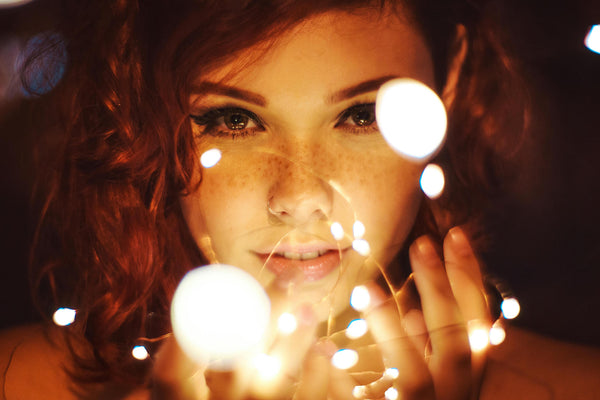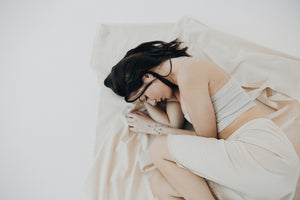The Best Eastern Medicine Herbs and Remedies for Non-Cystic Acne

Acne is a complex issue that involves many physical and non-physical factors. Stress, hormones and food are chief influencers, as they have the ability to manifest toxins that contribute to development of acne. But many Eastern Medicine herbs and remedies are available to counteract these toxins. In the Eastern lexicon, toxins are defined not as poisons — which would be the Western meaning — but as undesirables, or entities that the body doesn’t need. For acne, these toxins could take the form of excess oil, acne-causing bacteria or inflammation (often referred to as “toxic heat”).
Hormonal acne is particularly problematic for young men and women, as well as adult women, albeit for different reasons. Hormonal conditions favorable for acne tend to spike in young men and women during puberty, then taper off in adulthood. However, most adult women experience monthly hormonal imbalances that can cause acne to recur. Stress doesn’t help, either. When stress hormones are out of whack, they are only adding fuel to this toxic “fire.”
Hormonal imbalances can cause Qi (pronounced chē, aka energy) stagnation and generate pathological heat in the liver. Eastern medicinal herbs such as anti-bacterial Lian Qiao (Forsythia), blood-moving Chi Shao (Red Peony Root) and blood-cooling Sheng Di Huang (Chinese Foxglove Root), are ideal for counteracting these effects.
In our Acne Be Gone Extrapolent™, you’ll find a potent complex of these herbal extracts along with Bai Hua She She Cao (Oldenlandia), Zi Hua Di Ding (Yedeon’s Violet), Zhi Zi (Gardenia Seed), Huang Qin (Baical Skullcap Root) and Mu Dan Pi (Moutan Root Bark) — all used to clear various forms of heat and cool the blood. We’ve also included Chai Hu (Bupleurum) to support the liver meridian system, which is related to skin issues. Pantethine (a Vitamin B5 derivative) and L-Carnitine, believed in Western circles to support lipid metabolism, are also in the formula to complement one another and help reduce the likelihood of clogged pores.
Does diet affect acne?
 Acne Be Gone is ideal as an herbal remedy for non-cystic acne, but it won’t do much to clear skin without the reduction of toxin-producing foods in your diet. While food doesn’t directly cause acne, sensitivities to gluten, sugar and dairy can also result in hormonal imbalances, as well as inflammation and excess oil production. These factors can all play a role in acne development. Only a professional can really help you get to the root of the issue, but if you suspect that your diet is contributing to breakouts, you may want to change it during your quest for clear skin.
Acne Be Gone is ideal as an herbal remedy for non-cystic acne, but it won’t do much to clear skin without the reduction of toxin-producing foods in your diet. While food doesn’t directly cause acne, sensitivities to gluten, sugar and dairy can also result in hormonal imbalances, as well as inflammation and excess oil production. These factors can all play a role in acne development. Only a professional can really help you get to the root of the issue, but if you suspect that your diet is contributing to breakouts, you may want to change it during your quest for clear skin.
Looking for More Information? Take a look at some of our Related Articles:







